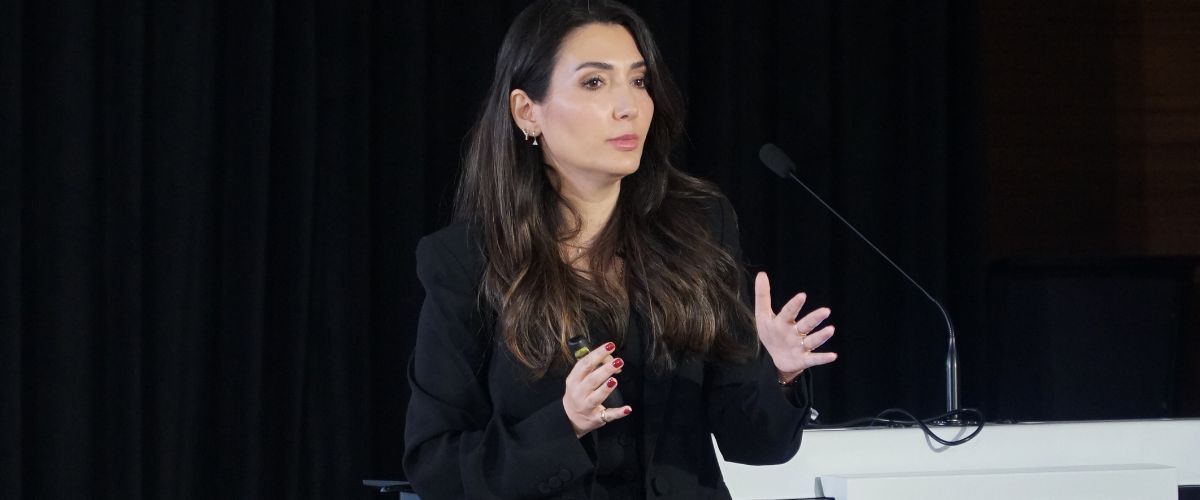What To Do And What Not To Do When YKS Is Approaching?
Before YKS, experts recommend that candidates spend this process with final preparations and plenty of practice. Altınbaş University Dean of Students Dr. Lecturer. Prof Duygu Kotan Türkden draws attention to motivation and systematic work.
With less than two months left until the YKS (Higher Education Institutions Exam), experts agree that candidates need to make good use of this critical period. Preparations should be completed, and plenty of practice should be done. According to Dr. Duygu Kotan Türkden, Student Dean and Faculty Member at Altınbaş University, candidates should raise their motivation and focus on systematic study during this period. Dr. Türkden listed what to do in five points:
-
**Focus on mock exams and previous years' questions during this period. This will give you a real exam experience and increase your confidence. For the TYT (Basic Proficiency Test) topics, focus on more subject-specific tests and try to identify and address your weaknesses through analysis.
-
The intense study pace should not prevent you from taking time to rest. Adequate sleep and regular breaks ensure the efficient functioning of your brain.
-
To maintain your motivation, read success stories or seek motivation sources related to your interests.
-
Review the exam topics in the final days and do the last revisions. Instead of starting new topics, reinforce what you already know.
-
The preparation process for exams is a long journey. Success is possible with regular and effective study habits, a strategic approach, and continuous motivation. Remember to always keep your goals in mind and progress step by step. Exams are not just a one-time event but a part of your life, and what you learn during this process will benefit you in the future.
Dr. Duygu Kotan Türkden also pointed out two notable aspects related to YKS this year. Firstly, there has been a significant increase in the number of applicants for YKS, with 3,036,945 candidates applying this year. This means that 500,000 fewer people will be taking the exam compared to the previous year. Dr. Türkden highlights that although the number of applicants has increased from 2019 to 2023, the percentage of applicants who applied but did not take the exam has risen from 5.38% to 15.08%.
Secondly, the Higher Education Council's (YÖK) equivalence regulation concerning those who want to study abroad. According to this regulation, graduates from universities ranked within the top 400 will be directly granted equivalence, while graduates from universities within the top 1000 will not need to take the Y
Dr. Türkden reminded candidates wishing to study abroad to carefully study the universities listed in these rankings and also pointed out an important aspect:
"Those who will study medicine, dentistry, pharmacy, and law in universities that are not in the top 1000 will still be required to take and succeed in the YKS. For those within the top 1000, there will be no obligation to take the YKS. After the preference process, our candidates should do their research thoroughly to avoid any problems."


